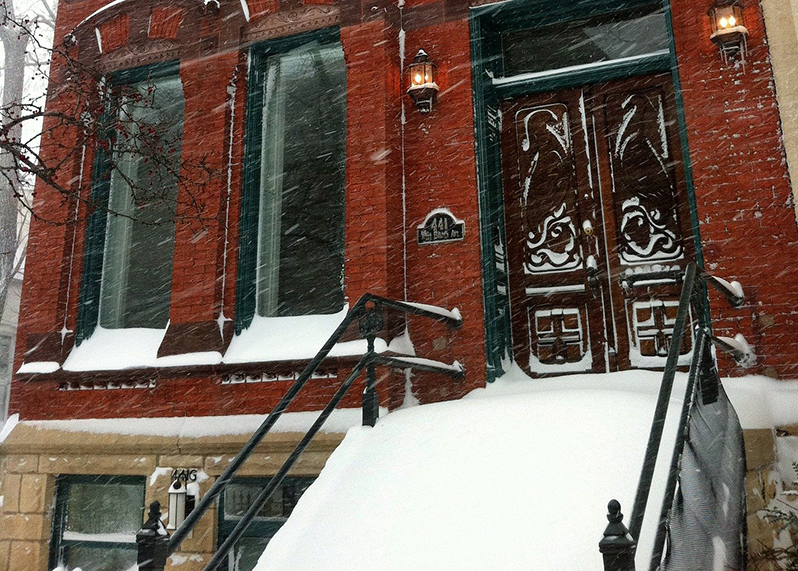
Answering Your Questions About Insuring Rental Properties
By Melissa Stream, Underwriting Consultant
Can I extend liability to rental dwelling owned by an insured that we currently insure?
Yes, you can extend liability from the primary personal liability policy (homeowners, farmowners, personal liability and farmers personal liability) to dwellings that the insured rents to others. Guidelines and rules are included in the Additional Premises Coverage section of the WRC Liability Manual.
The rental property must be a dwelling and cannot have more than four units. If the dwelling has more than four units, it should be written on a commercial insurance policy (and may also be considered commercial real estate.) An insured cannot own a total of more than eight units. (A “unit” means an individual living space.) The underwriter should also pay attention to the location of the rental along with the territory rules and/or statutes of the state where the insurer is domiciled.
What if the insured owns a duplex and lives in one of the units?
You can cover the entire duplex for property coverage and liability for the unit rented to others on the same policy. The initial residence premium charge would cover the owner-occupied unit, and the rented to others — one family premium would be charged for the unit occupied by the tenant.
Apartment buildings are not to be written for this optional coverage. An apartment building may have multiple units, but also shared common spaces such as the building entrance, hallways and stairways between units, storage space and laundry machines in a basement.
An apartment building often is considered commercial real estate. The owner of an apartment building needs commercial insurance that is priced for that type of risk and provides more comprehensive coverage than our liability extension. This is for the benefit of the insurer and the insured.
Another point to remember: the more people you have in a building, the higher the chance of loss. You have more chances for high dollar property losses such as fires and water damage and building and/or unit damage by tenants, and liability losses such as more visitors who could trip/slip and fall.
Why does it matter?
The rate for additional premises – rented to others was intended for the occasional, incidental rental property that occurs when the insured inherits property, buys property for their parents to live in, etc. When the insured shows the intent to make the properties an ongoing enterprise for profit, they have crossed into the exposure anticipated in commercial rates and coverage.
If the insured owns more than eight units, you must write all of the owned units on a commercial policy. If the insured owns the units or tries to separate them with different companies, they all should be written on commercial policies.
For example: Mr. Smith owns two duplexes and one fourplex and Mrs. Smith owns six single-family homes and one duplex. Mr. Smith extends his rentals from the farm policy for Mr. and Mrs. Smith. Mrs. Smith insures her rentals with another company. None of these units should be insured with the mutual by extending liability from the personal policy. A commercial policy should be written for all the rentals or they may be referred to The WRC Agency for consideration.
If you have additional questions or concerns, please contact the Mutual Assistance underwriting consultants Melissa Stream (personal and farm underwriting) at mstream@thewrcgroup.com or (877) 280-3137 or Linda Ziegler (commercial underwriting) at lziegler@thewrcgroup.com or (877) 603-8566.
